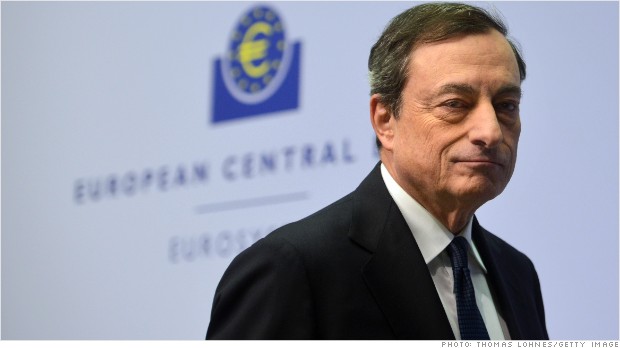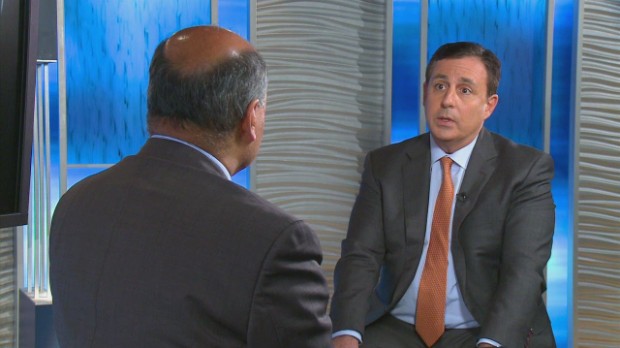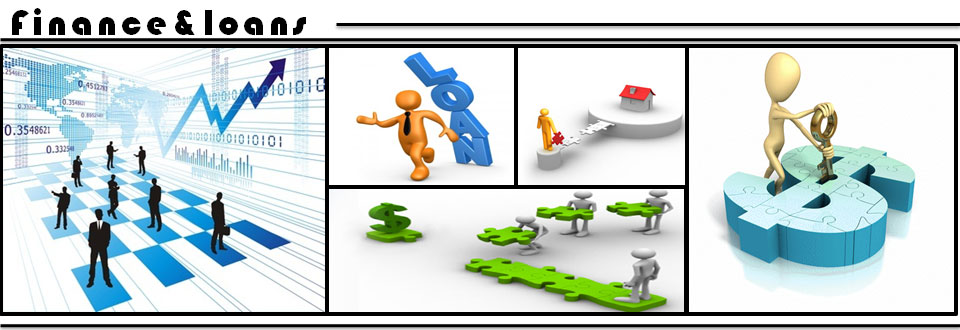Europe punts once more on a lot more stimulus
 Scrooge acquired the better of Santa at the European Central Bank’s last meeting of the yr on Thursday.
Scrooge acquired the better of Santa at the European Central Bank’s last meeting of the yr on Thursday.
Buyers hoping to discover far more central lender funds in their Christmas stockings had been let down when ECB President Mario Draghi told them they would have to hold out at least until early 2015.
Draghi mentioned the central lender required much more time to assess the affect of the recent slump in oil prices on inflation, expansion and wages, ahead of selecting regardless of whether to start quantitative easing — buying government bonds to stimulate the economy.
“The alterations that have taken place not too long ago in the price tag of oil are so meaningful… that they require cautious assessment,” he advised reporters.
Falling vitality expenses will depress inflation further underneath the ECB’s concentrate on of just underneath 2%. At the very same time, they could give the region’s economic system the shot in the arm it so desperately demands by conserving firms and consumers billions of euros.

How will a promote-off impact oil exporters?
The ECB slashed its forecasts for eurozone GDP development next calendar year to just one%, down from 1.six% in September. It also cut its forecast for inflation in 2015 to .seven%, down from 1.one%.
Yearly inflation sank to just .three% in November. The eurozone’s best three economies — Germany, France and Italy — are both stagnating or in economic downturn .
The ECB carries on to examine a variety of possibilities for quantitative easing, and is all set to pull the trigger on more stimulus if the steps it has currently taken fail to improve rates.
But marketplaces may have to hold out until finally March for a clear steer on plan. A pledge to reassess the predicament “early next calendar year” did not essentially mean the ECB assembly on January 22, Draghi stated.
European shares markets reversed early gains on Draghi’s feedback. The euro, which has fallen 10% towards the greenback this 12 months, bounced .six% as the horizon for European stimulus receded.
